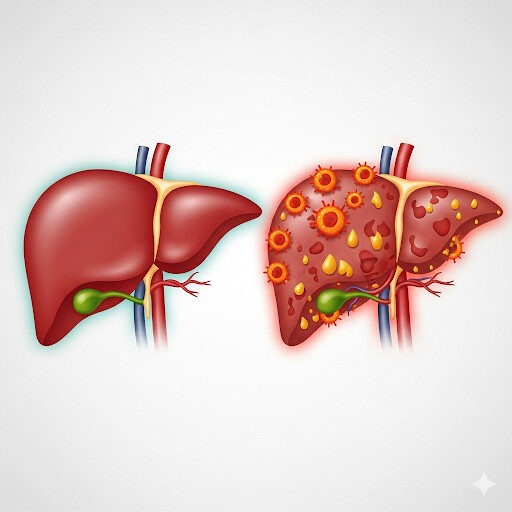
Presumptions about Obesity, Part 4
This is a continuation of our discussion of weight loss myths, perceptions and facts. In part one and part two of this series, we touched on myths about obesity and factors like goal-setting, physical education and sexual activity. Now, we continue our discussion of presumptions about obesity—the things we believe to be true about obesity that scientific evidence has not made certain.

This is a continuation of our discussion of weight loss myths, perceptions and facts. In part one and part two of this series, we touched on myths about obesity and factors like goal-setting, physical education and sexual activity. Now, we continue our discussion of presumptions about obesity—the things we believe to be true about obesity that scientific evidence has not made certain.
Presumption #4: We learn our exercise and eating habits in early childhood and these habits influence our weight for the rest of our lives.
Current evidence suggests that how our BMI’s track over our lives is more a function of genetics than of learning. There is no data that provides evidence to the contrary.
Interestingly, there is evidence suggesting that for a child at the high end of their BMI percentile, the earlier we start working with them on healthy habits and achieving a healthier BMI, the less likely their weight problem is to persist into adolescence and adulthood. The longer we wait, the higher the likelihood of a life-long problem. That’s why when we wrote our new kids program, “Healthy Steps for Healthy Kids,” we focused on kids as young as 6 and as old as 16. In spite of NEJM calling this a presumption, research supports early intervention as a research strategy! We can’t change a child’s genetics; however, we CAN work together to change their environment.
Presumption #5: Snacking contributes to weight gain and obesity.
Randomized controlled trials do not support this presumption. In fact at CNC, we recommend eating 5-6 smaller meals a day (or 3 meals, 2 snacks) and have found this to be helpful in preventing late afternoon and early evening hunger. Many of our most successful patients continue eating more often and report this to be helpful, not harmful. More frequent eating is also one of the most common habits reported by participants in the NWCR (National Weight Control Registry).
So, while there is no evidence that snacking contributes to weight gain and obesity, our experience is that SMART snacking is a helpful treatment strategy (hmmm – no evidence on this, either though).
Presumption #6: The presence of sidewalks and parks influences the risk of obesity.
No well-done study has proven this; therefore, no conclusions on this can be drawn.
Interestingly, this supports what I have long told patients – that obesity is primarily affected by calories IN, not calories out. While going to parks and using recreational trails is helpful in getting us more active, because activity has not been proven to be an effective treatment strategy (in the absence of addressing caloric intake), it is not surprising that there does not appear to be a correlation between access to sidewalk and parks (or the lack thereof) and a population’s weight.
Next time, we’ll discuss things about obesity that we know to be true.
Written by Dr. Ethan Lazarus




